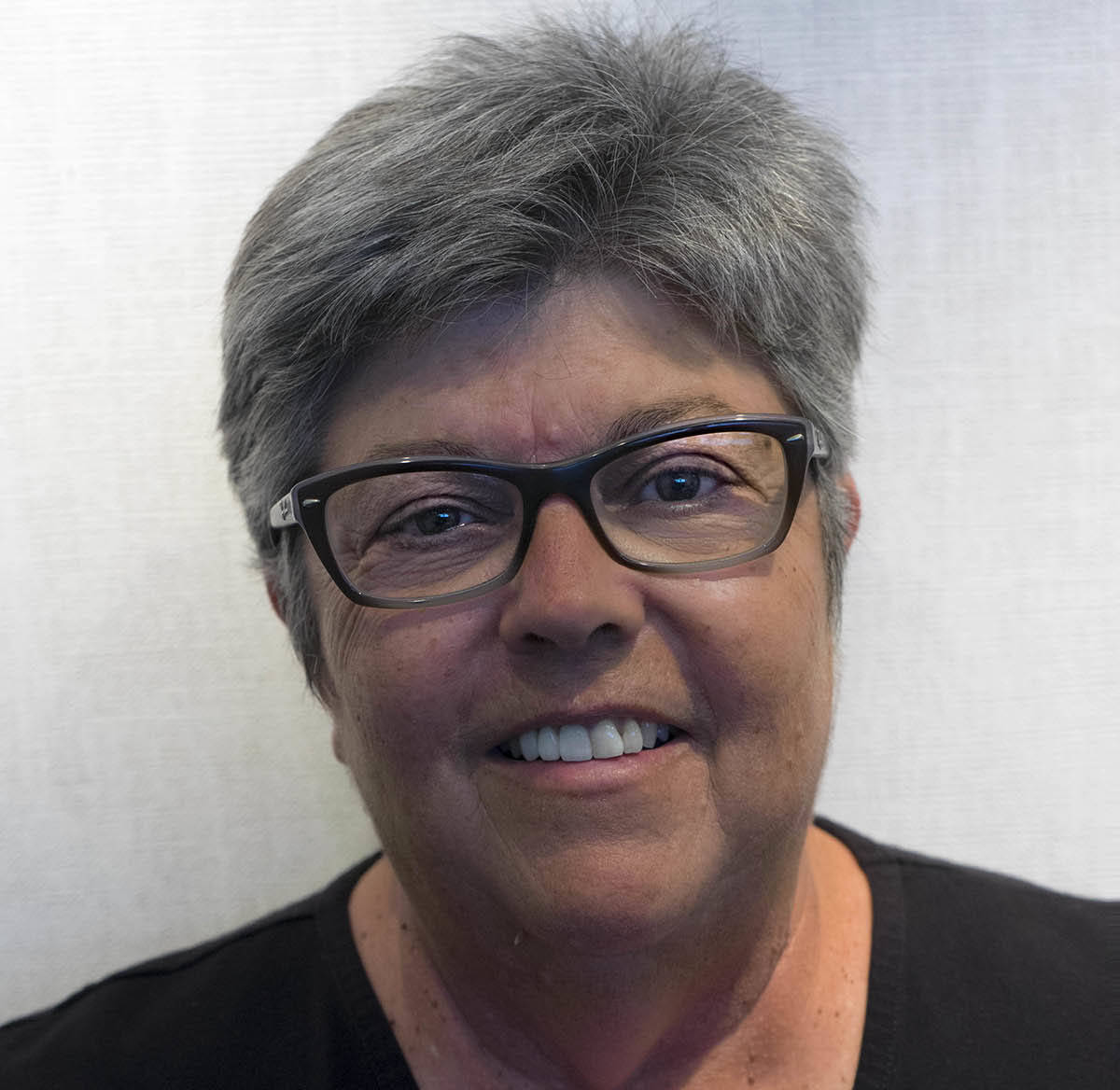Our choices will force politicians to act
To say I’ve always been anxious to get things done is an understatement. It probably started when I was about 10 years old and began working in my grandmother’s grocery store. I had to be quick when it came to waiting on customers, bagging groceries, taking their money, making change and waiting on the next customer.
The idea of doing “regular chores for an allowance” and then going “out to play” was not in this kid’s routine. Doing dishes, scrubbing the hallway stairs, vacuuming, taking out garbage and hanging clothes to dry in the attic were my responsibilities. It was a treat to go outside to walk a couple of blocks to the bus stop to meet my dad at 6 o’clock as he got off the bus from work.
Friday nights were occupied not with dances or parties, but stocking grocery shelves and making Italian sausage with my grandmother.
Sure, I would have liked to be doing what other teenagers were doing, but fulfilling my responsibilities and doing them in the fashion dictated by my grandmother, Rose Amato, were pretty well written in stone.
Dreams were for dummies; I can hear my grandmother say the words. Don’t reach for this, settle for that. Be practical, get things done. Someone’s going to destroy those fantasies anyway.
Yet, somewhere inside me, I knew there were wonderful, maybe impossible things I could accomplish, despite the “wise words” I heard from my family.
Since I was the oldest of four children, I didn’t have anyone who went before me, no examples to follow. I never thought about that, though. I rather liked hanging around with my mom and dad, and enjoyed going to parish functions and volunteer events. Couple that with serving the public at an early age and what you get is a serious 12-year-old who lives inside me today.
For whatever reason, I always knew it was wrong that some people didn’t have jobs and might only get one if they sold their soul to the local Democratic Party. It hurt me to see some of our grocery store customers unable to pay for what they needed, and my grandmother would extend credit to them. It hurt me to see the cold basements used for homes by kids who lived three doors down from me. Why was this happening?
How does one work to fix what’s wrong with political parties, solve the issue of unemployment and act in an effective manner so that society has proper shelter and food? I volunteered for organizations, worked with Vista volunteers, was active in political activities, but it wasn’t enough.
Just over a year ago, I heard about Modern Monetary Theory, and the light went on for me. MMT is not the solution to every problem. The theory is the way the economic system works in the U.S. today.
Because our federal government is the sole provider of U.S. currency and Congress appropriates all spending, our federal government can spend on what it chooses. That is a fact. The Congress makes the spending decisions, plain and simple. The problems happen when Congress makes political choices and not choices that benefit real people.
During World War II, the priority was to win the war. No one said the government should only produce 100 planes or 1,000 guns. No! The government paid workers to produce as much as was needed. The federal government had and still has that power.
The federal government has the ability to produce all the medical equipment necessary to provide treatment to all COVID-19 patients. It can pay the wages of those producing the equipment as well as the wages of those providing medical care. There is no difference between what we are experiencing today and World War II.
This is one example of what the federal government is able to do but chooses not to.
We have a choice to make, because the politicians are not going to do what benefits all of the people who need help with jobs, housing, medical care and more, unless we force them to make those choices. We have to learn how the economic system works and call their bluff. We do this or suffer and perish.
I choose learning and living.
Rose Ann Miele is a journalist and was public information officer for Boulder City for nine years. She is the national outreach director for Real Progressives. She can be reached at roseannrab@hotmail.com or at 702-339-9082.





